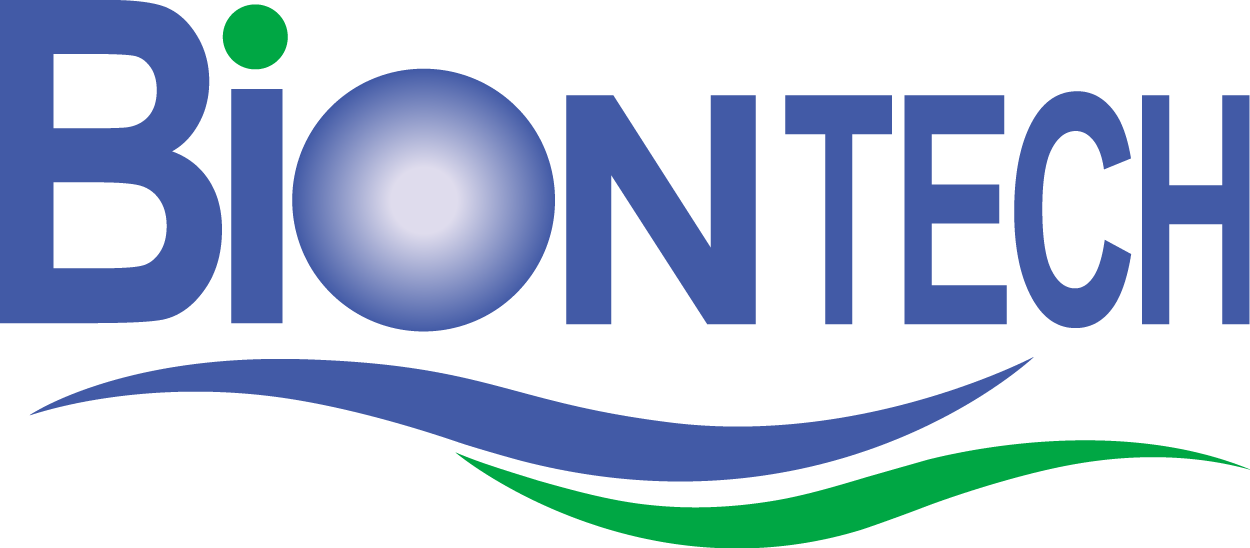
BioNTech AG, a fully-integrated biotechnology company pioneering individualized cancer immunotherapy, announced phase I trial results demonstrating its Ivac Mutanome, an individualized RNA vaccine based on patient-specific mutations, induces strong immunogenicity as well as promising anti-tumor activity in high-risk patients with late-stage melanoma.
Additionally, in this early trial, a majority of patients showed prolonged progression-free survival in comparison to historical controls. The first-in-human study applied a process covering the comprehensive identification of individual mutations from routine tumor biopsies to next generation sequencing, the computational prediction of potential neo-epitopes as vaccine targets, and the design and manufacturing of an RNA vaccine encoding multiple neo-epitopes unique for each patient. The data, was published online in Nature, were obtained from research conducted in collaboration with clinical partners and the translational research institute, TRON.
In the first-in-human application of a personalized RNA-based vaccine approach, 13 patients with melanoma were treated. The vaccine boosted immunity against multiple tumour antigens in all patients, and infiltration of vaccine-induced T-cells into tumours was observed in two patients. Eight of the 13 patients remained tumour-free at 23 months; five patients had tumour relapses before starting neo-epitope vaccination. Two of these patients experienced objective responses after neo-epitope vaccination and one patient had a complete response after sequential administration of neo-epitope vaccination and anti-PD-1 therapy.
“Each patient developed immune responses against multiple vaccine targets. This suggests that in principle, it may be possible to train a patient’s immune system to help fight their cancer across a wide array of tumour types,” said Ugur Sahin, Founder and chief executive officer of BioNTech. “The clinical findings with objective responses in some patients are very encouraging. While our study documents early findings, additional trials are needed to further evaluate safety, clinical efficacy over time and across larger patient cohorts.”
BioNTech’s Ivac Mutanome platform is being developed in collaboration with Genentech, a member of the Roche Group. The companies are currently working with health authorities to validate, standardize, and apply the entire process globally and in the United States.
The study is entitled “A personalized neo-epitope RNA vaccine mobilizes potent, poly-specific T-cell immunity against cancer.”
The current issue of Nature also carries a commentary highlighting the study findings.
Collaborators of BioNTech and TRON were the University Medical Center of the Johannes Gutenberg University, Mainz, Germany; EUFETS GmbH, Idar-Oberstein, Germany; Medical University of Vienna, Vienna, Austria; German Cancer Research Center (DKFZ), Heidelberg, Germany; University Medical Center Mannheim/Heidelberg University, Mannheim, Germany; and Ci3 Cluster for Individualized Immunointervention e.V., Mainz, Germany.
Biontech, cancer vaccine, ivac mutanome